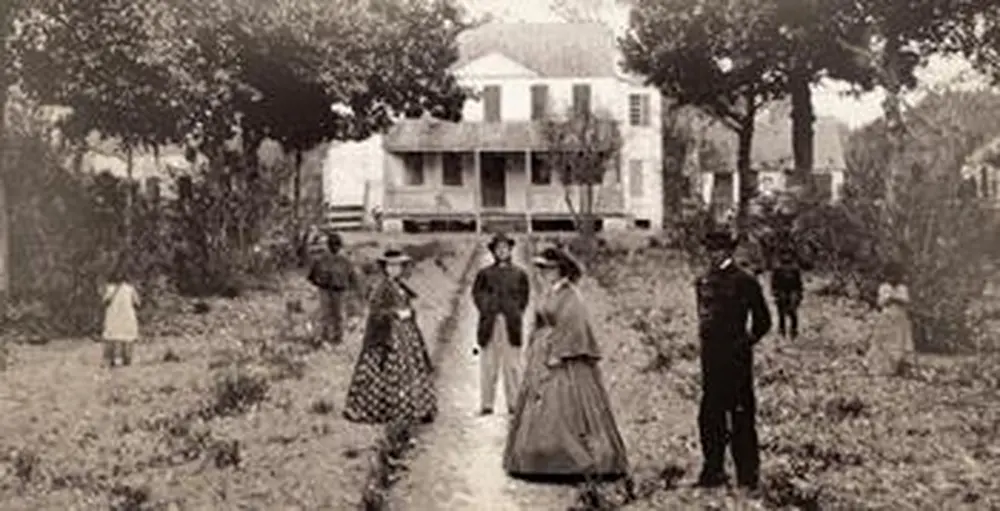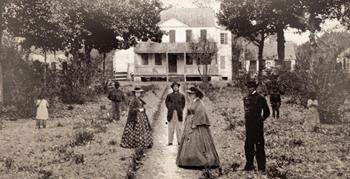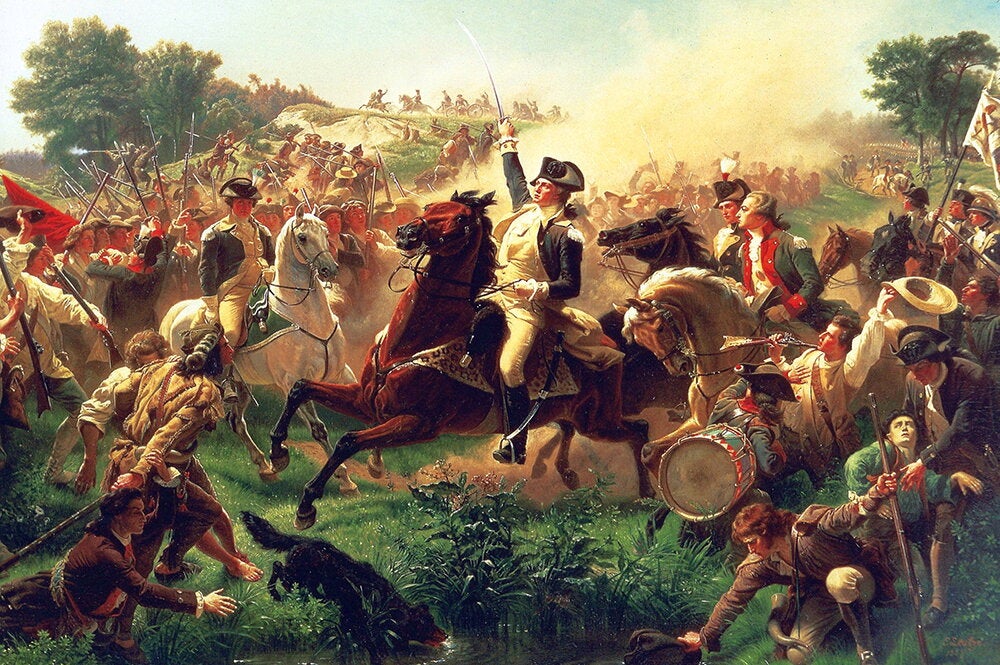

When Abraham Lincoln issued the Emancipation Proclamation almost 150 years ago, he made ending slavery a Union goal in the Civil War, then more than a year and a half old.
Less widely understood is how the demands of war also were destroying slavery from within and dramatically upending southern society, according to University of Illinois history and African American studies professor Bruce Levine. By the middle of the Civil War, “slavery in many places already is ceasing to be slavery in practice,” Levine says.
“And the idea that the white South remained united throughout that war is a fiction,” he adds.
According to the historian, cracks in the foundation of southern society—seemingly nonexistent before the war—gradually widened under the weight of the conflict. Within the Confederacy, many slaveless whites grew to resent fighting what they saw as a slaveholders’ battle. In some areas, army deserters formed anti-Confederate guerrilla bands.
The war also tore at the loyalty of slaveholders, many of whom angrily resented and refused Confederate government demands to use their slaves to support the war effort, such as in building fortifications, Levine says. Many also refused Confederate government pleas to plant food instead of more profitable cotton crops.
Slavery also eroded as slaveholders lost the manpower required to maintain the control and punishment that the system required, Levine says. During the war, 80 percent of the white male adult population served in the Confederate army, he says.
Slaves became “demoralized,” a word slave owners used when slaves became more resistant to following orders, he adds. Some began to demand wages or other concessions in exchange for work.
Multiplying the problems were the Union armies themselves. As they marched into Confederate territory, slaves escaped into their lines. Those who didn’t escape gained new leverage with their masters because of the threat that they could leave.
In fact, it was the interaction between Union armies and slaves that largely drove the change in policy and legislation that paved the way for the Emancipation Proclamation, Levine says. As slaves escaped behind Union lines, the Union gained a source of labor—and, later, soldiers—that was denied to their enemies in the South.
“Lincoln’s Emancipation Proclamation is the apex of a process that starts long before,” Levine says. “It’s the culmination of the Union’s decision that this war can’t be won without dismantling slavery.”
Levine’s book, The Fall of the House of Dixie: The Civil War and the Social Revolution That Transformed the South, is scheduled for publication in January by Random House.


